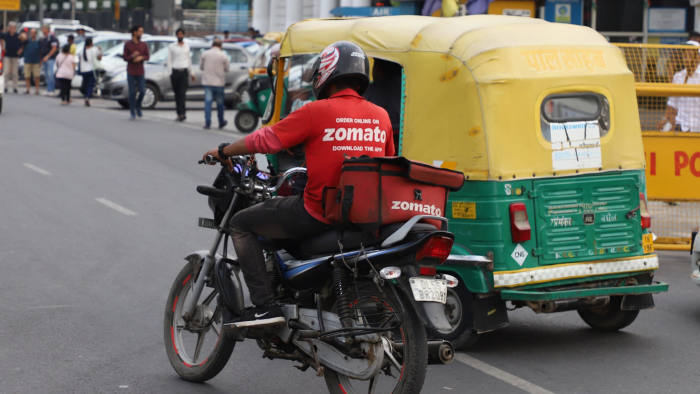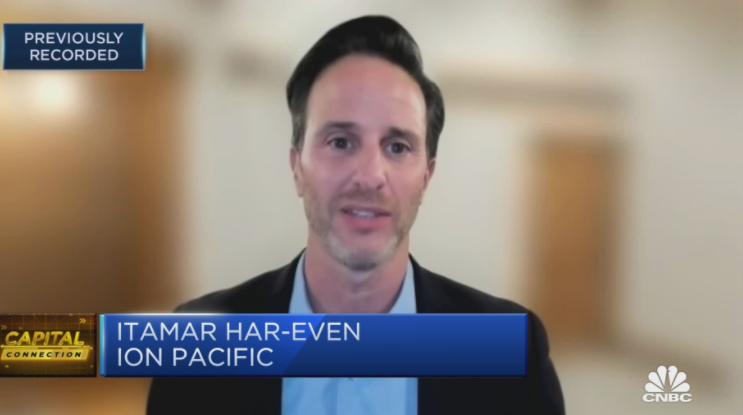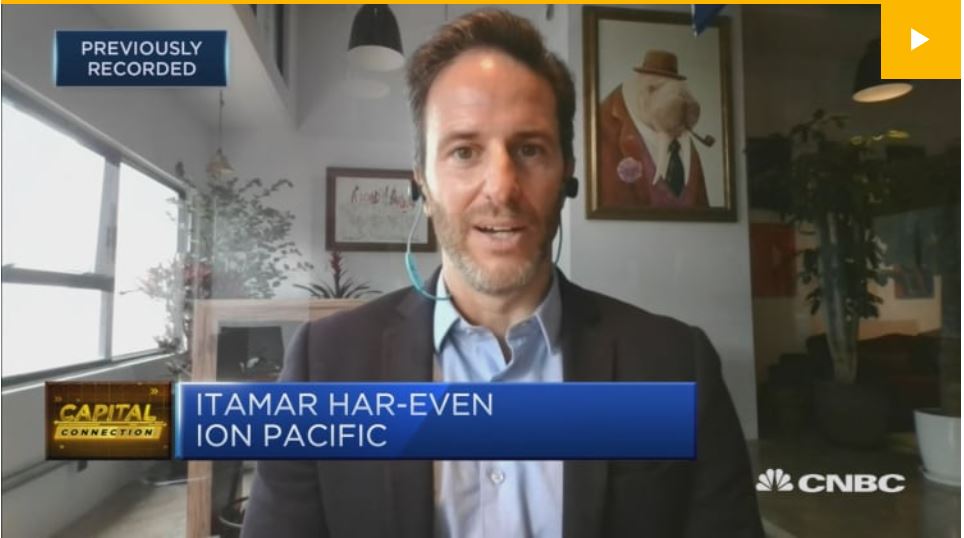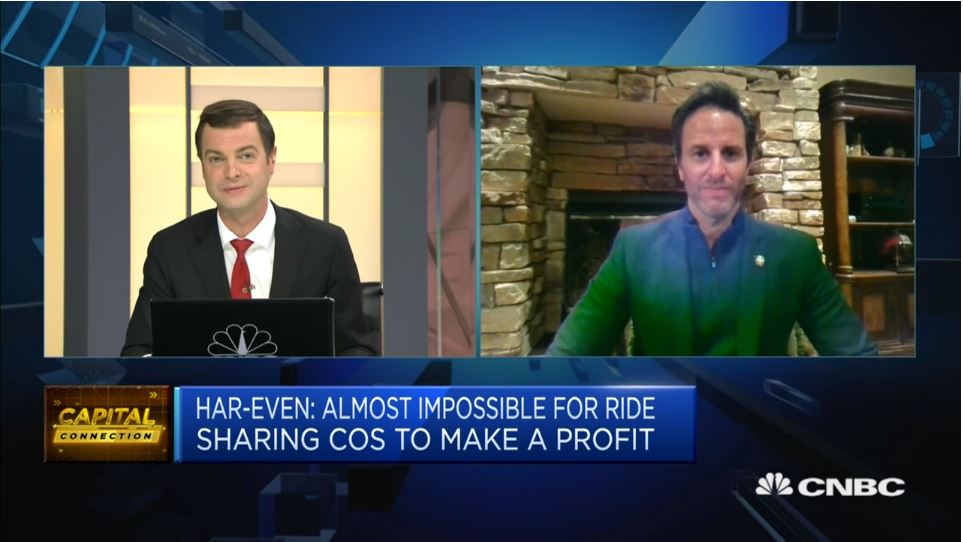In 2013, Simon Loong launched Hong Kong fintech WeLab using a small loan — just four years later the business was profitable. As one of the leaders of the second FT Asia-Pacific High Growth Companies ranking, WeLab’s story is testament to the favourable business conditions that start-ups in Asia can enjoy. WeLab, an online platform that offers users a range of services including loans, already had a presence in Hong Kong and mainland China. In 2018 it entered Indonesia via a joint venture with a local conglomerate. The resultant Maucash platform acquired more than 600,000 registered users in its first year of operations — a faster user growth rate than when it entered mainland China in 2014.
Its momentum to this point reflects how the Apac region’s youthful population — which in places like India and Indonesia is chronically “underbanked” or lacks access to financial services entirely — is moving online, boosting companies like WeLab that are eager to meet their needs. Little wonder, then, that once again technology businesses along with fintech and ecommerce overwhelmingly dominate this year’s list, together accounting for more than 30 per cent of the 500.
The 2020 list, compiled with Statista, a research company, includes businesses from the Apac region’s most developed markets, ranking them by their compound annual growth rate (CAGR) in revenues between 2015 and 2018. (As with the 2018 ranking, China has been omitted due to difficulties in verifying data.) While the data highlights the many bright spots in the region, it does not, however, reflect the impact of the coronavirus outbreak, which undoubtedly will hit many companies’ revenues hard. The IMF forecast this month that the global economy would shrink 3 per cent in 2020, the biggest contraction since the Great Depression.
Yet the strongest businesses that survive the fallout from the pandemic can at least look forward to opportunities to expand their presence in their respective markets. For the second time, the company topping the list is Australian. Cover Genius, founded in 2014, is an insurance platform that serves ecommerce companies in sectors from electronics to travel. With 2018 revenues of $64m, it has enjoyed a CAGR of 493 per cent since 2015. In terms of countries, India was the biggest contributor to the ranking with 140 companies, four of which are in the top 10. These include payments company Paytm, online education start-up Byju’s and food delivery group Zomato.
India’s dominance is not surprising given its population of nearly 1.4bn, points out Neha Singh, co-founder of Indian data provider Tracxn. The challenge, however, is making money. “Globally it is the third-largest geography in terms of [venture capital investment] after the US and China . . . but there are different views on how resilient [Indian start-ups] are,” Ms Singh says, adding that few of the top Indian companies on the ranking are profitable. “It is such a large growth story, though, that deep-pocketed investors are still interested,” she adds.
Indonesia, meanwhile, contributed just two companies to the list, yet both of them — Fabelio, an online furniture retailer, and Bukalapak, a digital marketplace — rank in the top 20. In terms of cities, Singapore overtook Tokyo this year for having the largest number of high-growth companies (74), followed by the Japanese capital (69) and Sydney (34). Singapore’s “good ingredients” have made it a favoured destination for both domestic entrepreneurs and those from the wider region, says Patrick Yeo, a partner at PwC who advises businesses locating in the city-state. “Singapore is the headquarters for these companies but the operations from which they derive their revenue are not necessarily all from there,” he adds.
One such example is ride-hailing company Grab, which moved its headquarters from Malaysia to Singapore in 2014. The city now acts as a base from which it serves other markets in south-east Asia. Grab ranks 20th, with a 2015-18 CAGR of 233 per cent. The business, which is backed by SoftBank and was valued at $14bn before the pandemic, is also a company that its western counterparts are looking to for ideas.
Many start-ups have not experienced what it is to have forward estimates go up in smoke


















